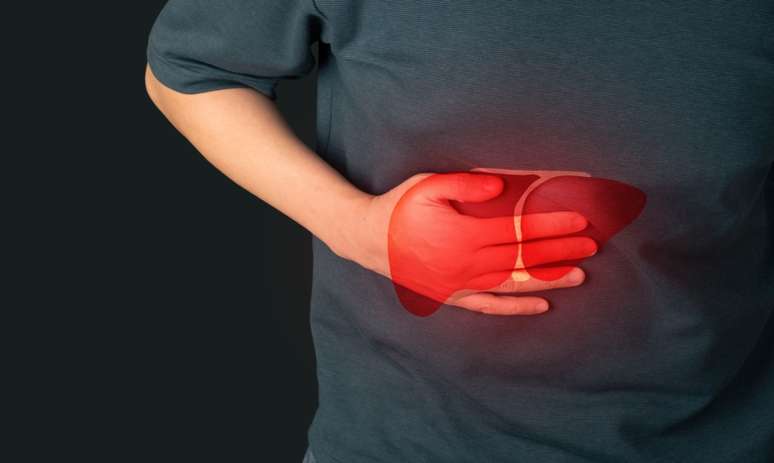Discover how some foods are excellent allies to maintain the correct functioning of the body and prevent diseases
Taking care of your diet is essential at all stages of life, but it becomes even more essential in old age. As we age, our metabolism slows, nutrient absorption can be compromised, and health conditions arise that require proper nutrition.
According to data released by the IBGE (Brazilian Institute of Geography and Statistics), Brazilians are aging at an accelerated rate and seniors, over 60 years old, represent 15.6% of the population. The institute’s forecast is that in 2070, approximately 37.8% of the country’s inhabitants will be seniors.
According to Gabriela Takeda, professor of nutrition at Senac São Paulo, elderly are more likely to develop vitamin and mineral deficiencies. “Aging can reduce nutrient absorption, especially due to changes in the digestive system, such as reduced stomach acid and the production of digestive enzymes. It’s also worth remembering that some older people have a reduced appetite or have difficulty chewing and swallowing, which can lead to a diet lacking essential nutrients, such as calcium and vitamin D,” she says.
Below, Gabriela Takeda provides advice for seniors to maintain a healthy diet, boost immunity, and prevent diseases and skin changes. Check it out!
1. Prevent skin changes (wrinkles)
Choose foods rich in antioxidants, such as berries, nuts, chestnuts and green leafy vegetables. Also, invest in foods rich in fatty acids, which contain omega 3, for example, and which help maintain hydration and skin elasticity. They are: fish (salmon and sardines, for example), chia seeds and flaxseed meal. Proteins are also important, with preference for lean meats (without visible fat), eggs, beans and dairy products.
2. Strengthen immunity
Invest in foods rich in vitamin C such as orange, kiwi, strawberry and acerola. It is also worth investing in probiotic foods, such as natural yogurt and kefir, which help promote health intestinal, which is essential for maintaining a strong immune system. Also, don’t forget about vitamin D, which can be obtained through exposure to the sun and foods such as fish (salmon and tuna, for example), eggs, and milk.

3. Prevent diseases
To reduce the risk of heart disease, stroke, high blood pressure, and diabetes, it is important to include fiber-rich foods such as oats, fruits, vegetables, beans, and whole grains in your diet, which help control blood sugar and cholesterol levels. Foods rich in healthy fats, such as avocados, olive oil, and fish, can improve cardiovascular health.
4. Improve memory
Fruits, vegetables, fish, fruits with oil seeds and whole grains help improve brain function and memory thanks to the presence of omega 3 and vitamins involved in brain health.
Suggested menu
- Breakfast: whole wheat bread with white cheese, accompanied by a whole milk smoothie with fruit;
- Morning snack: green tea accompanied by a portion of strawberries and two chestnuts;
- Lunch: grilled sardine fillet, brown rice, cooked carioca beans, steamed broccoli, green salad (lettuce and rocket) and tomato with olive oil;
- Afternoon snack: oatmeal polenta made with whole milk, accompanied by fruit;
- For lunch: vegetable soup (carrots, pumpkin, spinach) with potatoes (or cassava, manioc, yam, yam) and a generous portion of shredded chicken breast.
Don’t forget to drink 6 to 8 glasses of water a day, away from meals.
By Dinho Luiz
Source: Terra
Ben Stock is a lifestyle journalist and author at Gossipify. He writes about topics such as health, wellness, travel, food and home decor. He provides practical advice and inspiration to improve well-being, keeps readers up to date with latest lifestyle news and trends, known for his engaging writing style, in-depth analysis and unique perspectives.








